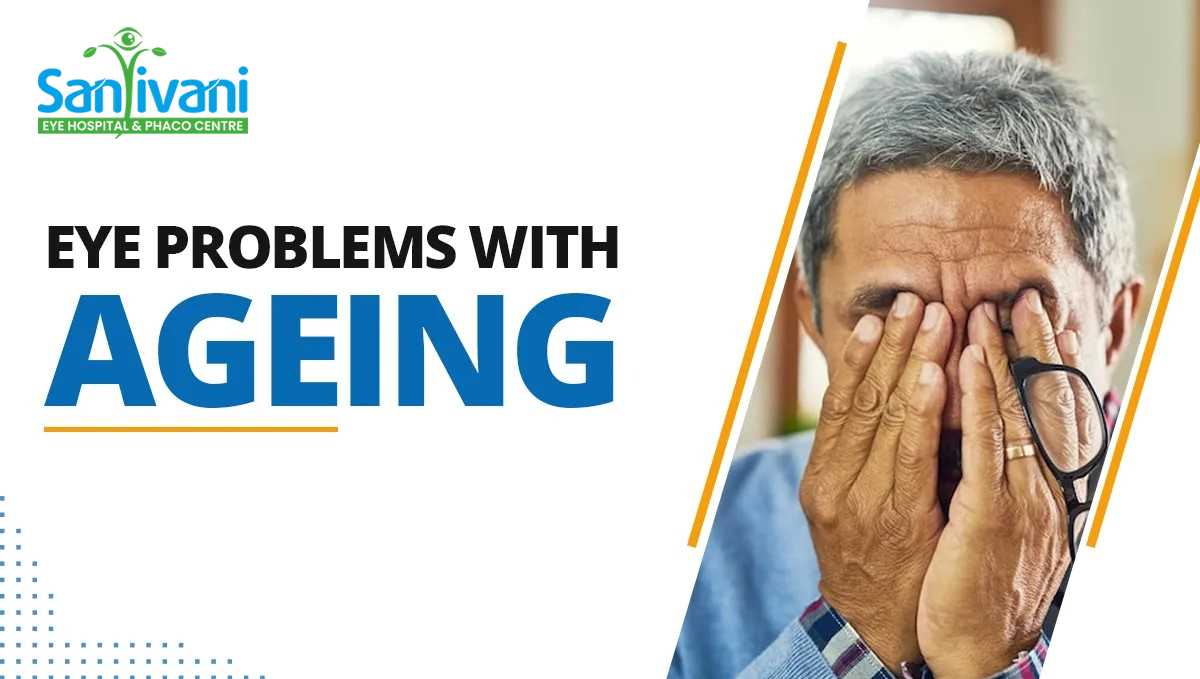
Eye Problems With Age
Age-related eye vision issues can have a serious influence on eye health. Many individuals may begin to experience issues with their ability to see clearly up close starting in their early to mid-40s, which is especially problematic when reading and using a computer. This is one of the most prevalent issues that adults between the ages of 41 and 60 experience. Presbyopia, a common shift in the eyes' capacity for close focus, will continue to worsen with time. The eyes undergo a variety of changes as we age, some of which could result in age-related eye diseases.
Age-Related Vision Issues
Key elements of aging and eye health include the following:
Presbyopia: Presbyopia, which normally starts around the age of 40, is one of the most typical alterations brought on by aging. It is the loss of the eye's capacity to focus on up-close things as a result of the natural lens's hardening. Presbyopia frequently necessitates the use of reading glasses or multifocal lenses.
The normal lens of the eye becomes clouded as a result of cataracts. They are a typical age-related disorder that can impair night vision, generate glare, and blur vision. Cataract surgery is a frequent procedure and can greatly enhance vision.
Glaucoma:
A series of eye conditions known as glaucoma have the potential to harm the optic nerve and cause blindness. Early on, it frequently shows no symptoms, but as people age, it frequently does. Glaucoma must be detected early and managed with regular eye exams.
The most common cause of significant vision loss in older persons is age-related macular degeneration (AMD). It can lead to the loss of central vision because it affects the macula, the center of the retina. AMD comes in two basic varieties: dry and moist. While wet AMD can be treated if found early, there is no cure for dry AMD.Aging can make diabetic retinopathy, a disorder that destroys the blood vessels in the retina, worse for those with diabetes. Early detection and management depend on regular eye exams.
Dry Eye Syndrome:
As we age, our eyes' capacity to produce tears decreases, which might result in dry eye syndrome. Dryness, burning, itching, and impaired vision are some of the symptoms. This issue can be managed with the use of artificial tears and lifestyle adjustments.
Flashes and Floaters:
In older people, flashes (short bursts of light) and floaters (small particles that drift across your field of vision) are typical eye problems. Even though they are frequently unimportant, these symptoms occasionally point to a retinal rupture or detachment, necessitating urgent medical care.
Reduced Color Vision:
Some elderly people may notice a decline in their ability to discern between different hues.
Reduced Darkness Adaptation:
Older eyes may require more time to adjust to changes in illumination, such as moving from a bright to a dark place.